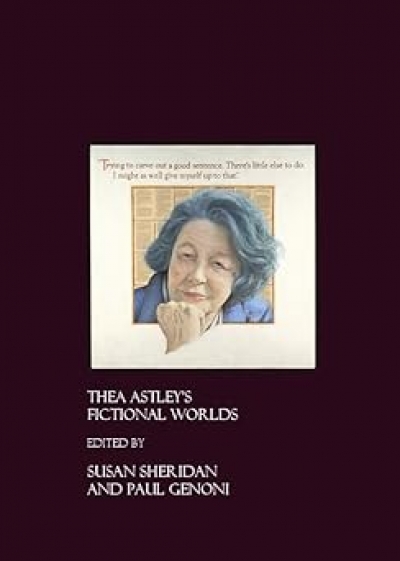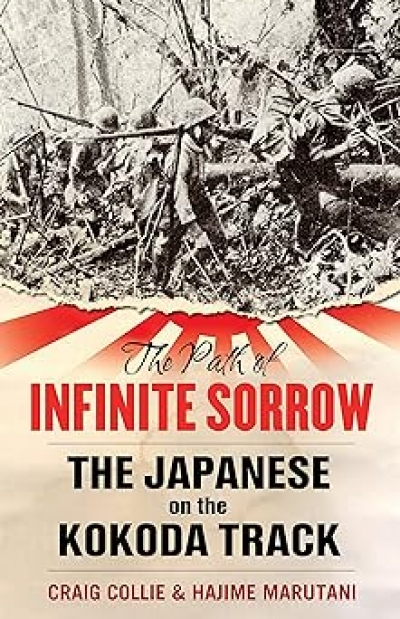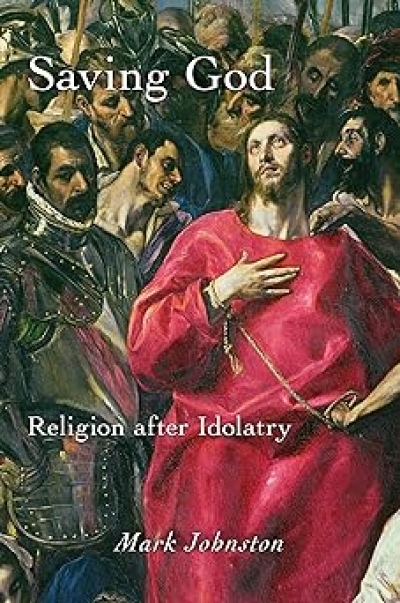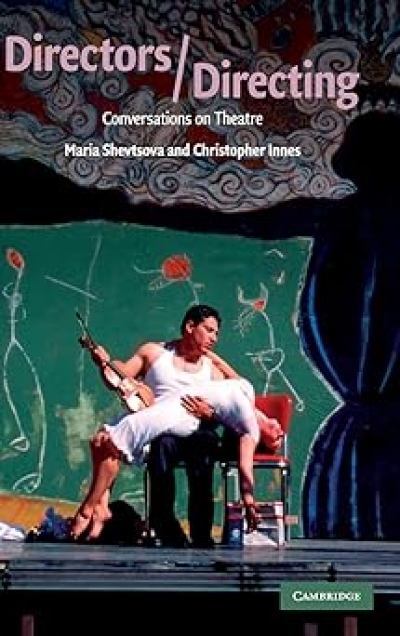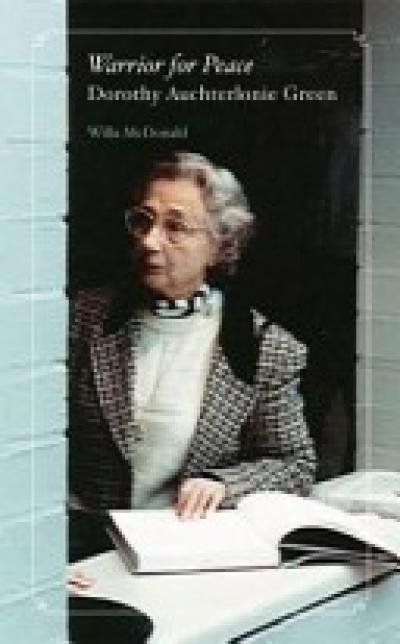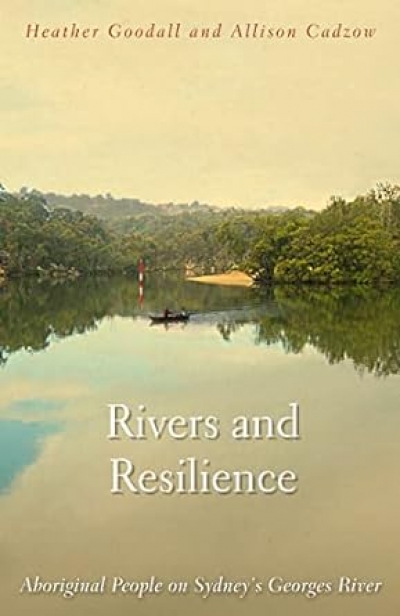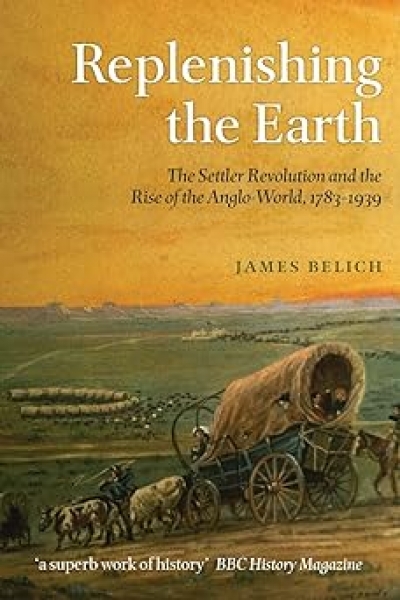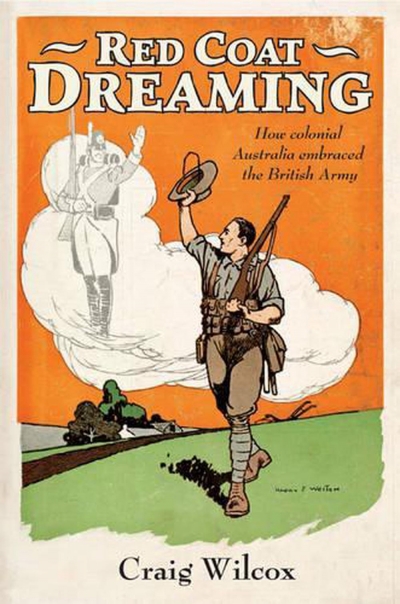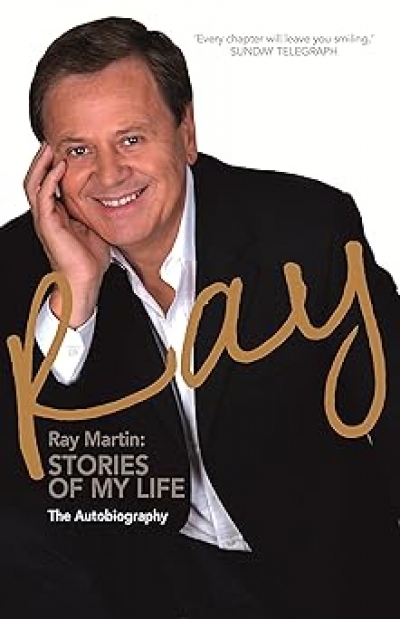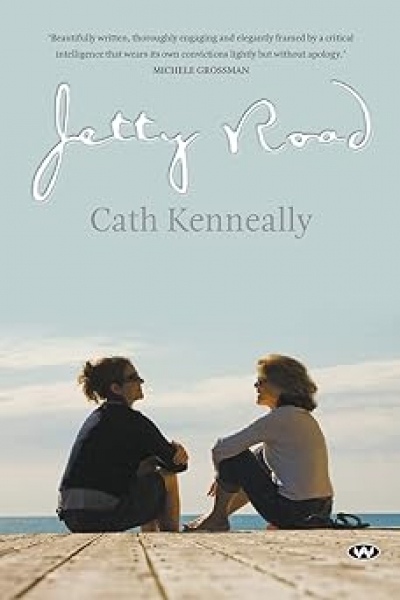Archive
Thea Astley’s Fictional Worlds edited by Susan Sheridan and Paul Genoni
by Frances Devlin-Glass •
The Path Of Infinite Sorrow: The Japanese On The Kokoda Track by Craig Collie and Hajime Marutani
by Steven Bullard •
Saving God: Religion After Idolatry by Mark Johnston
by Tony Coady •
Directors/Directing: Conversations On The Theatre by Maria Shevtsova and Christopher Innes
by Michael Morley •
Warrior For Peace: Dorothy Auchterlonie Green by Willa McDonald
by Brigid Rooney •
Rivers and Resilience: Aboriginal People On Sydney’s Georges River by Heather Goodall and Allison Cadzow
by Michael Cathcart •
Replenishing The Earth: The Settler Revolution And The Rise Of The Anglo-World, 1783–1939 by James Belich
by Norman Etherington •
Red Coat Dreaming: How Colonial Australia Embraced The British Army by Craig Wilcox
by Robin Prior •

